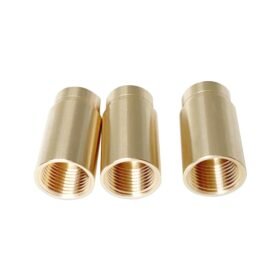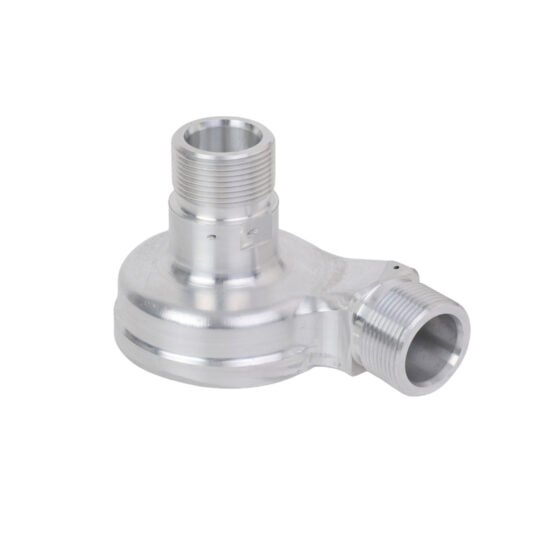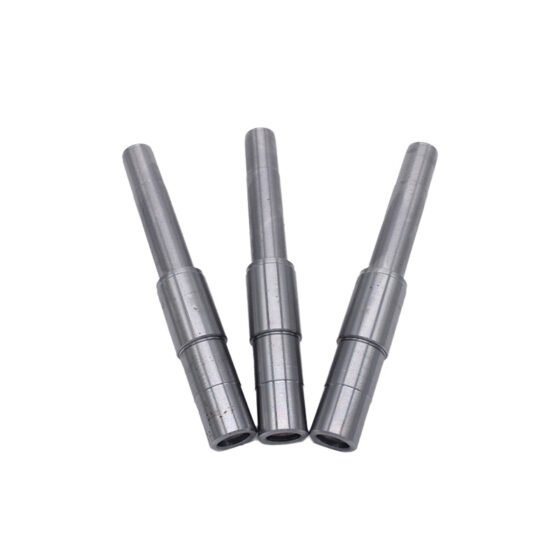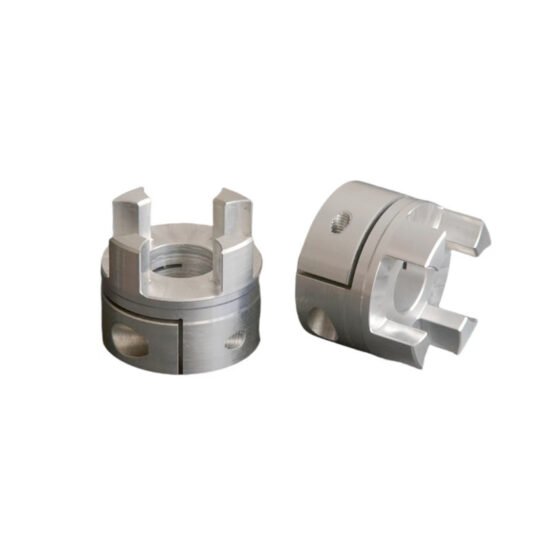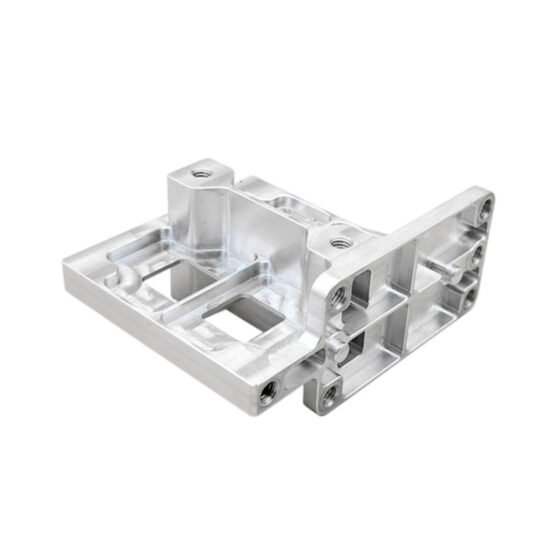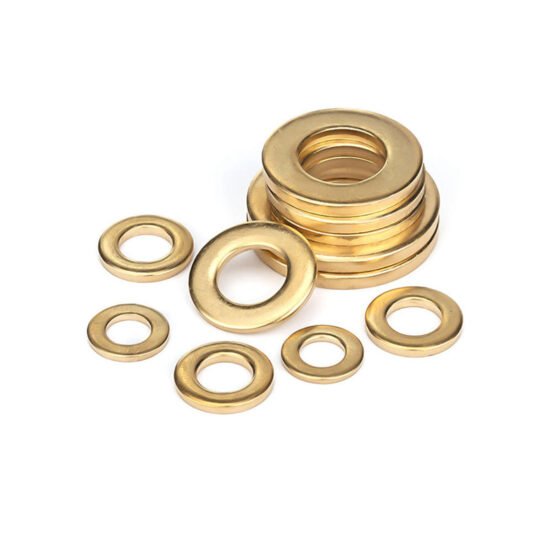Brass CNC parts are precision-manufactured components made using advanced CNC (Computer Numerical Control) machining processes. Brass, known for its excellent machinability, durability, and corrosion resistance, is an ideal material for custom components across various industries. These parts can be tailored to meet specific requirements, offering exceptional accuracy and quality for demanding applications.
Material Specifications:
Common grades of brass used for CNC machining:
- C360 (Free-Cutting Brass): Excellent machinability and strength.
- C268 (Yellow Brass): Balanced mechanical properties and corrosion resistance.
- C280 (Muntz Metal): Suitable for high-strength applications.
- C230 (Red Brass): Enhanced corrosion resistance and ductility.
Key Features:
- Customizable: Tailored to meet precise dimensions and design requirements.
- Excellent Machinability: Brass allows for intricate and complex designs.
- Corrosion Resistance: Performs well in both dry and wet environments.
- Thermal and Electrical Conductivity: Ideal for electronic and thermal applications.
- High Strength-to-Weight Ratio: Suitable for lightweight yet durable components.
Applications:
- Automotive: Precision brass fittings, connectors, and bushings.
- Electronics: Terminals, connectors, and switch components.
- Plumbing: Valves, faucets, and pipe fittings.
- Aerospace: Custom components for lightweight and corrosion-resistant assemblies.
- Medical Devices: Precision machined parts for high-performance applications.
- Industrial Machinery: Gears, bearings, and precision fasteners.
Advantages of CNC Machining for Brass Components:
- High Precision: Ensures tight tolerances and smooth finishes.
- Repeatability: Consistent quality for large production runs.
- Versatility: Supports complex geometries and designs.
- Reduced Waste: Optimized material usage and reduced scrap.



